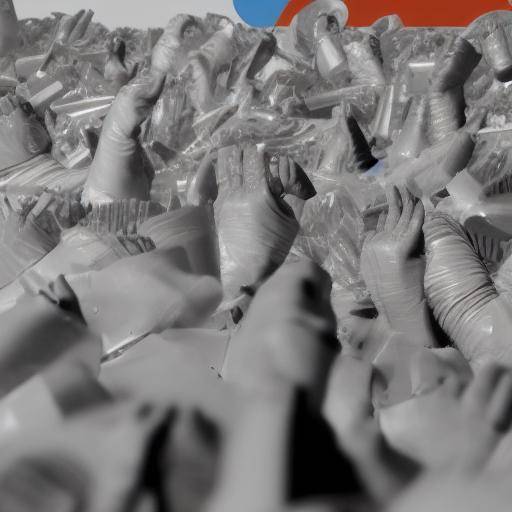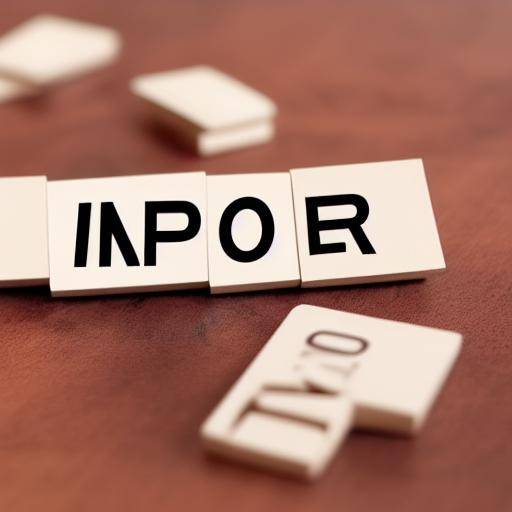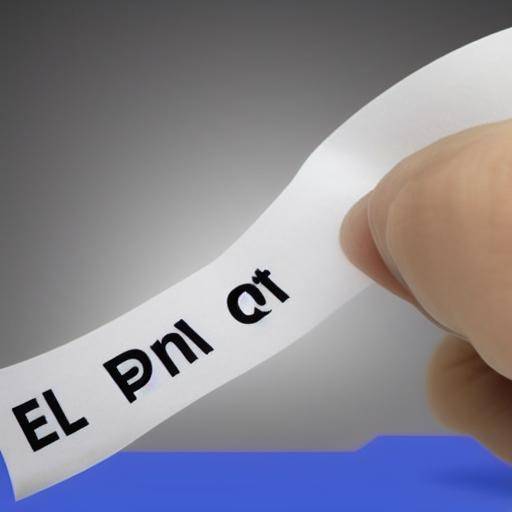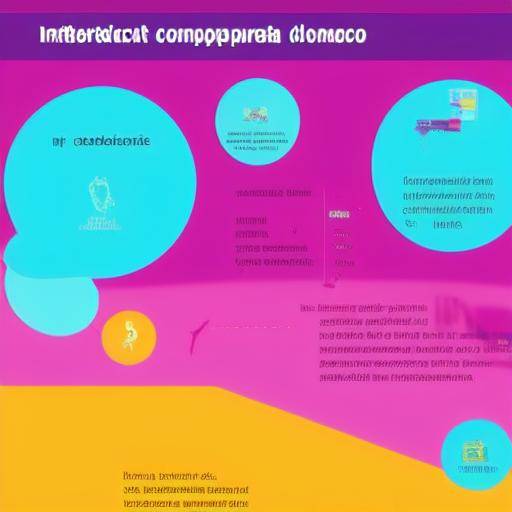
The use of credit cards is a common practice in the daily lives of many people. This financial tool can be of great use, but it can also bring significant costs if it is not used responsibly. In this article, we will explore in detail the impact of interest on the use of credit cards, addressing key aspects such as cost, debt accumulation and associated payments. We will learn to make more informed financial decisions and manage our finances more effectively.
Introduction
The use of credit cards has experienced exponential growth in recent decades, giving consumers greater flexibility and comfort in their financial transactions. However, it is crucial to understand the impact of interests on the use of these cards, as they can lead to the accumulation of difficult debts to handle. In this article, we will explore in detail the cost associated with the use of credit cards, how debts are accumulated and how monthly payments affect. In understanding these concepts, we will be able to make more informed financial decisions and avoid financial traps that could adversely affect our economic stability.
History and Background
Origins and Evolution of Credit Cards
Credit cards are rooted in the term credit systems that emerged in the early twentieth century, making it easier for consumers to purchase through a deferred payment system. Over time, these first forms of credit evolved into the credit card system we now know. Over the decades, they have experienced massive expansion, becoming a fundamental tool in the financial and commercial sphere.
Impact of Credit Cards on the Society
The popularization of credit cards has had a significant impact on modern society. On the one hand, it has facilitated the conduct of commercial transactions quickly and conveniently, providing consumers with unprecedented financial flexibility. However, it has also introduced challenges related to excessive indebtedness and the accumulation of interests, which has led many individuals and families to face financial difficulties.
Relevant Developments and Reflection Points
Throughout their history, credit cards have experienced a series of significant developments that have shaped their role in the economy and society. From the creation of electronic payment systems to the implementation of financial regulations, these milestones have directly impacted the way credit cards are used, regulated and perceived today.
Detailed Analysis
Cost of Credit Cards
The cost associated with the use of credit cards is a crucial factor that should be understood by users. Interest rates and funding charges can significantly raise the final price of credit card purchases. It is also essential to consider additional costs, such as annual fees, cash withdrawal charges and late payments charges, which may have a negative impact on personal finance.
Accumulation of Debts
Debt accumulation is an inherent risk of using credit cards, especially when balances are not paid in full every month. This can lead to a cycle of indebtedness, in which monthly payments are mainly intended to cover interest, making it difficult to reduce the main balance. This situation can lead to a debt spiral that is complicated to overcome.
Impact of Monthly Payments
The impact of monthly payments on a credit card is directly influenced by the outstanding balance and applicable interest rates. The minimum monthly fee may seem attractive at first, as it provides immediate relief; however, in the long term it involves paying a significantly higher amount due to accumulated interests. Therefore, understanding how minimum payments are calculated and how they affect total debt is essential to making informed financial decisions.
Comprehensive review
Practices and Best Practices
To maximize benefits and minimize costs associated with the use of credit cards, sound financial practices are essential. Establishing a clear budget, maintaining constant monitoring of expenditures, and liquidating outstanding balances in a timely manner are useful in avoiding excessive indebtedness and minimizing interest costs.
Profound Perspectives and Expert Reviews
The vision of experts in finance and economy is invaluable in understanding the impact of interest on the use of credit cards. From financial planning councils to strategies to avoid debt accumulation, the experience shared by field experts can provide clarity and guidance in the effective management of credit cards.
Case Studies and Real Life Applications
Exploring real cases of individuals and families who have experienced the impact of interest on the use of credit cards provides a practical and concrete perspective on the challenges and opportunities that arise when managing debts associated with credit cards.
Comparative analysis
Cost Comparison, Accumulation and Payments
Analyzing the similarities and differences between cost, debt accumulation and credit card payments provides a more comprehensive understanding of how these aspects interact with each other. Identifying patterns and trends helps make more informed financial decisions.
Practical Tips and Accessible Recommendations
Implementation of Concrete Actions
The implementation of specific strategies, such as debt consolidation, interest rate negotiation and long-term planning, can mitigate the impact of interest on the use of credit cards. These practical recommendations provide a clear guide to addressing challenging financial situations.
Perceptions of Industry and Expert Reviews
Future Visions and Predictions
Anticipating emerging trends and possible transformations in the credit card landscape allows preparing for market changes and adapting financial strategies in line with new realities.
Conclusions and FAQs
Conclusion
The impact of interest on the use of credit cards is a complex issue that requires a detailed understanding of the various aspects involved. By discerning the cost, accumulation of debts and payments associated with credit cards, consumers can make more informed financial decisions, avoid indebtedness traps and maximize the benefits of this financial tool.
Frequently asked questions
How does the cost of interest affect the overall use of a credit card?
The cost of interest can significantly impact on the final purchase price, especially if the balances are not completely cancelled every month. This may result in an increase in the total cost of purchase.
How can I avoid excessive accumulation of debts on my credit card?
Avoiding excessive debt accumulation requires financial discipline and a clear understanding of expenditures. Establishing a budget and liquidating outstanding balances in a timely manner are effective practices to avoid this situation.
What is the impact of only making minimum payments on my credit card?
Performing only minimum payments can generate a significant accumulation of interest and prolong the time needed to liquidate the debt.
What are the consequences of not paying my credit cards on time?
Failure to pay on time can result in late payment charges, a decrease in credit score and an increase in interest rates, which can lead to a spiral of debts difficult to overcome.
What are the best strategies to efficiently manage my credit cards?
Efficiently managing credit cards implies establishing a clear budget, liquidating the outstanding balances as a whole and avoiding overexpenditures that may lead to uncontrolled accumulation of debts.
How can I negotiate more favorable interest rates with my credit card issuing entity?
Negotiating interest rates may involve communicating directly with the credit card issuing entity and presenting solid arguments based on a good payment history and financial solidity.
What if I can't pay the full balance of my credit card?
If it is not possible to liquidate the full balance, it is advisable to make substantial payments that significantly reduce the outstanding balance, thus avoiding excessive debt.
In conclusion, understanding the impact of interest on the use of credit cards is essential for making informed financial decisions and avoiding debt traps. By discerning the cost, debt accumulation and credit card payments, consumers can improve their ability to effectively manage their personal finances and achieve lasting economic stability. Don't let interests take you by surprise, learn to properly manage your credit cards to make the most of their benefits!
























